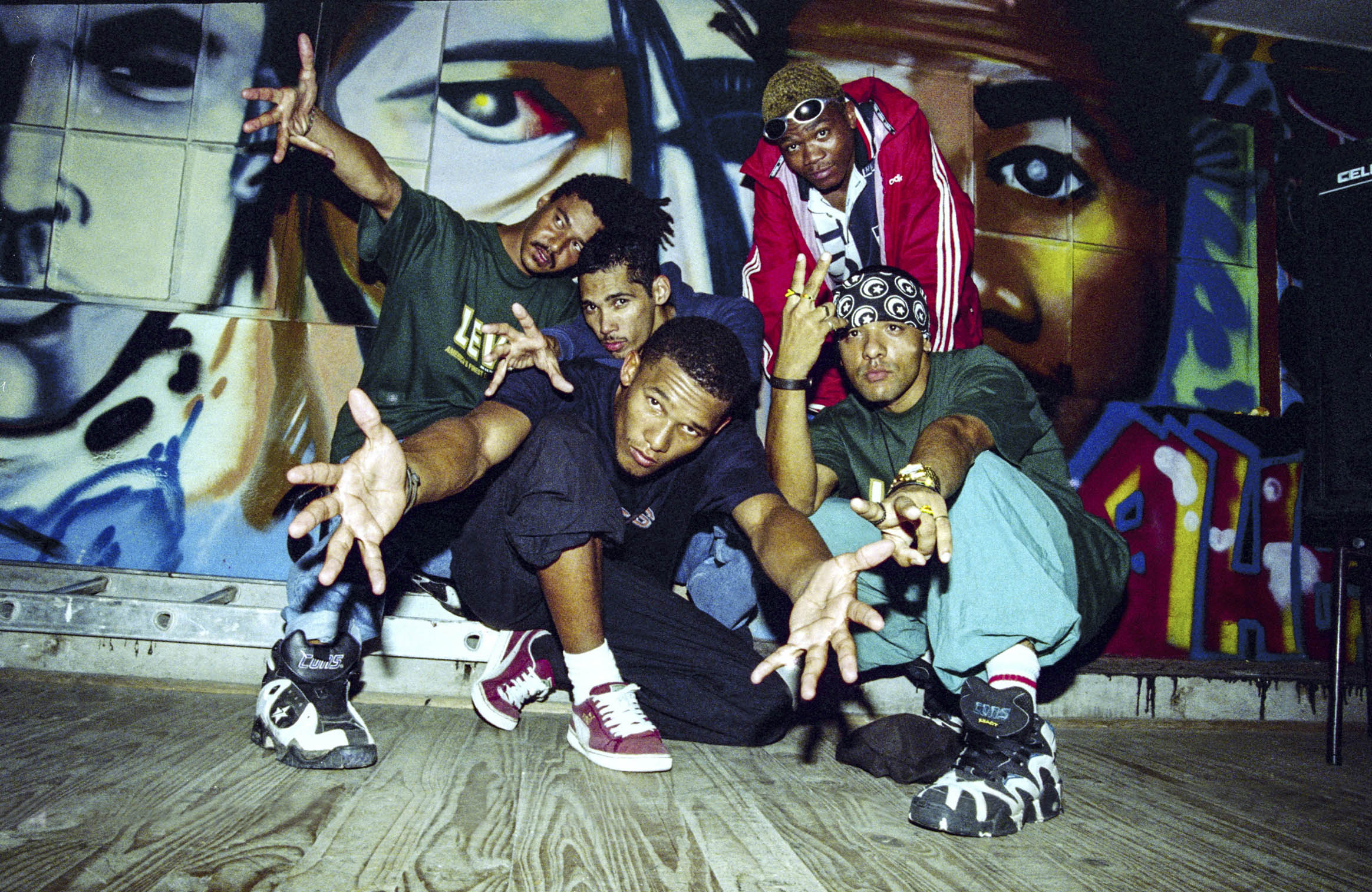Ever Since, which Ishmael based on the childrens show Takalani Sesame, is a winner. (Photo: Delwyn Verasamy)
Once upon a night not long ago, Ishmael was at Stones in Melville, Johannesburg, performing with rapper Emtee and trap artist Makizar. Towards the end of the night, the DJ dropped the theme song to Takalani Sesame, a children’s programme based on the popular American show Sesame Street.
Noting the reaction of the crowd (“who were going nuts for that clip”), Ishmael didn’t waste any time. He went home, downloaded the sample and began laying it to a beat he built on Logic. He then figured out a concept that would make the sample pop, landing on something that is between biography and an enunciation of the elusiveness of his proverbial pot of gold.
The song, eventually named Ever Since “Takalani”, has created something of a frenzy around Ishmael in a way that his recent single Gimme Gimme Gimme, featuring Makizar and Fiesta Black, has yet to do. The reasons probably come down to the catchiness of the sample and how he flips it conceptually, but there is also a pathos beneath the pop sheen that makes listeners connect.
“It sums up my story really, from the beginning until now,” he says while seated on a couch at Muthaland Entertainment’s Parkview headquarters, his record label. “I think it also explains, like, just the faith I have in myself. As you hear in my lyrics, I always knew that one day I’d make it, but then, I didn’t know how the track was going to be received. But I had that faith that it’s going to work out.”
To the public, Ishmael “made it” long ago, as far back as the early 1990s, when he was touring Europe and living in London with pioneering rap group Prophets of Da City (P.O.C). One would imagine he has very little to prove in the industry. While waiting for him to arrive for the interview, I spotted a plaque that is but one signifier of his pride of place in South Africa’s music history.

[Flashback: The hip-hop group Prophets of Da City, with band members Ready D, Shaheen and Ramone, pushed Ishmael into the limelight. (Photos: Gallo Images)]
The Roba Letheka tablet was awarded to him when the 999 single went double platinum in 2001 (back when platinum meant a 100 000 copies had been sold). It sits awkwardly on the floor of the Muthaland offices, neither fitting in with Muthaland’s history nor resting in Ishmael’s lounge as it should be.
“The funny thing about all those hits that I make, the big songs, is that it wasn’t like I was aware or conscious. I was just living [through it]. Compared to now, with this Takalani thing. It’s like I see every step of it. I think it’s also because of social media that I am actually aware of every growth of the new project.”
According to Lance Stehr, chief executive of Muthaland Entertainment, a clip of Ishmael singing along to the song was posted a little unexpectedly on Instagram by someone who happened to be at a session. As the views climbed exponentially, it became apparent that a potential monster was at hand.
“The clip kind of like pushed it up because the people were really feeling it,” Ishmael says. “We were still pushing Gimme Gimme.”
I ask him whether it has fucked up Gimme Gimme’s life cycle, to which he replies: “I don’t know whether it fucked it up but it covered it, like hectically. Luckily, we had it on radio already but Takalani was just like …” He makes a hand motion to indicate a wave burying a swimmer.
Raised in Lethabong, about 20km from Rustenburg, Ishmael says he knew while he was in primary school that he would be an entertainer.
“I was always putting guys together, like, ‘aye, let’s be a group, dance or whatever. A band. ’Even if sidlala ngamathini and stuff. I always used to be really close to the radio. Big time. I’m that guy that used to record from the radio with a cassette.”
Some lyrics from Ever Since go: I remember like it’s yesterday/ All them records daddy used to play/ And how they used to make my heart sing.
From a corner of the verandah, he tells the story a little bit differently. “My dad was a very strict guy, a guy that when he comes … he was not a joke-around type of guy. Everyone was always scared, not scared in a bad way like, ‘ngizokubulala’, but like you feel like you are in trouble for something.”
Daddy the entertainer, daddy the DJ was still there but more with his friends than with his family. “He used to work at the mines so every time he’d come home, he’d come with new material.”
A song that stands out from his childhood is Stevie Wonder’s As. “I used to listen Radio Setswana. Radio Setswana and Radio Bop. They used to bump that. I remember that and a bit of Michael Jackson as well. UB40.”
As is a song that has been known to transform lives. As Ishmael tells me the story, I am briefly reminded of the transformative experience it had on a DJ named Theo Parrish, who has famously described his 15-year-old self walking into a Chicago party and hearing Lil Louis dropping it on a crowd of black teenagers. In effect, Lil Louis slowed down the party and created a momentary utopia.
In the song’s crests and waves, in Wonder’s sombre reflections and in his impassioned declamations, you can hear the style Ishmael would emulate. “There was something magical about him to me,” he says.
Although many think Ishmael’s recording debut came with Prophets of Da City (for which he started out as a dancer), he tells me that it actually began with background vocals on one of Chicco’s songs. Ever since then, it has been fame in groups (POC, Skeem, Jozi) and fame as a solo artist (Roba Letheka, Avulekile Amasango, Happy Song). In between, there are the deafening, scary bouts of silence.

[Themed: Jozi, one of Ishmael’s former groups. (Photo: Dean Mouhtaropoulos/Getty Images)]
As the public, we have lost Ishmael several times. Sterh says their earlier partings involved Ishmael’s perceptions that he was being short-changed but their last, in late 2013-2014, was because of substance abuse that was eating into the artist’s talent.
Stehr believes this is one of the reasons Ishmael has yet to reach his peak.
Ishmael has spoken openly about his issues with substances before, just as he has about losing singer Puff Johnson in 2013, a woman he described in a frank interview with Bona as “the first woman who had nothing to gain from me but still stuck with me”. Taking all these into consideration, one just wants to root for his success. After our interview, Stehr plays me tunes, a few out of about 50 they have been knocking out. Large, commanding beats with hints of trap and Afropop. The odd familiar sample thrown in. Ishmael, as always, sits pretty on all of them.
For Ishmael, there is a world out there that still needs to know about his genius, as much as we know it. Ever Since may or may not be the song.
“The beauty of music is that it travels like that. You could get that track, nje, you don’t know, that might change your life forever. You know what I’m saying. I just keep doing music to the best of my ability and things will catch and do the things that make the things to be done, the pots. The pots will happen.”
For now, he is working on an EP that is due out on Muthaland Entertainment before year-end.